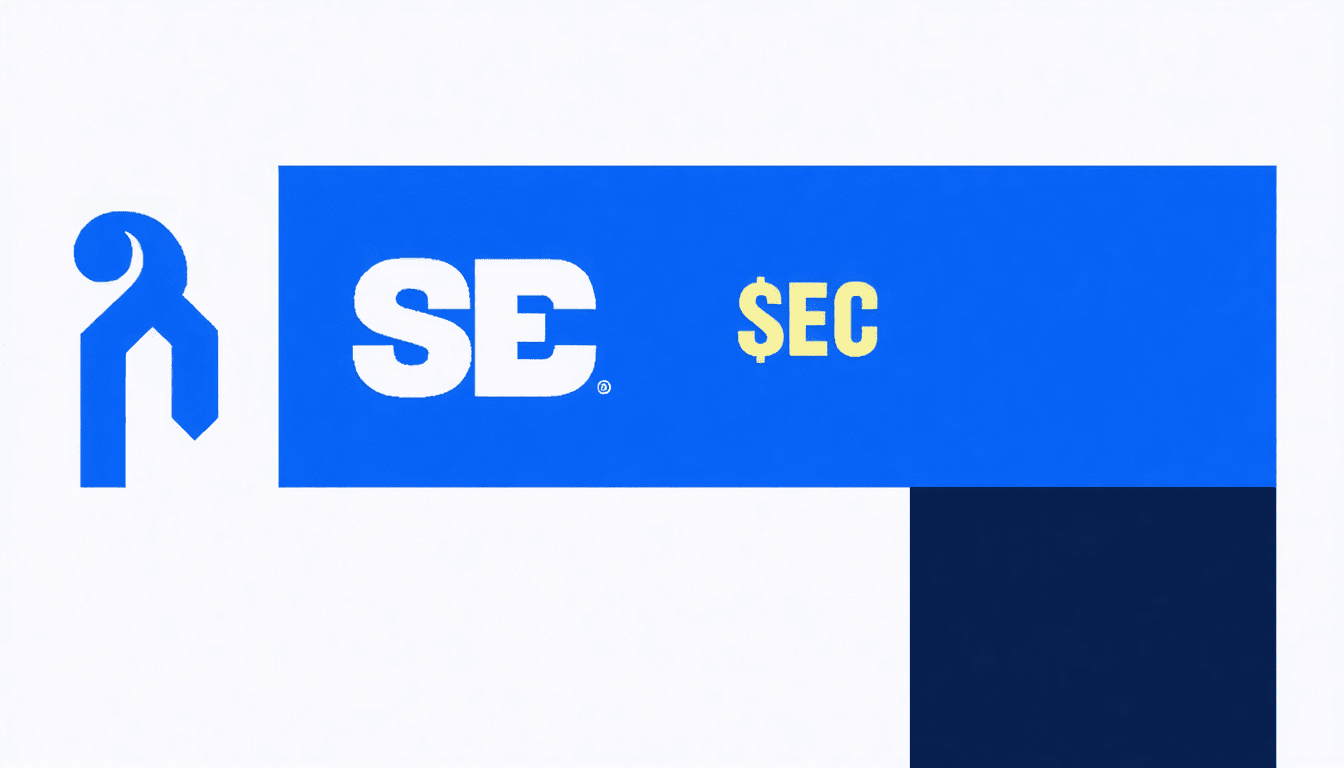The ongoing legal battle between the United States Securities and Exchange Commission (SEC) and Ripple Labs has captivated the attention of the cryptocurrency sector and beyond. The case not only involves significant legal nuances but also holds the potential to shape the regulatory landscape for digital assets in the U.S. The core of the dispute revolves around the classification and regulatory oversight of the XRP token, with a recent court ruling, SEC’s appeal, and Ripple’s response adding layers to an already intricate saga.
The SEC’s Appeal
After a notable decision by U.S. District Judge Analisa Torres, which found Ripple’s institutional sales of XRP to be in breach of federal securities law, the SEC decided to file an appeal. The court had ordered Ripple to pay a $125 million fine, much lower than the $2 billion initially sought by the SEC. The appeal has been submitted to the Second Circuit Court of Appeals in Manhattan. The SEC is challenging the decision, contending that it conflicts with established Supreme Court rulings and decades of securities law. Their filing aims to reconsider the implications of XRP’s classification and the imposed economic penalties.
This move by the SEC caused ripples across the cryptocurrency market, especially affecting the price and perception of XRP. The digital token experienced more than a 10% drop, fluctuating around $0.54 following news of the regulatory body’s appeal. Investors, traders, and cryptocurrency enthusiasts closely monitor these developments, as they could signal shifts in how digital currencies are governed.
Regulatory and Industry Implications
The Ripple case has become a focal point for discussions on how digital assets might be regulated in the future. A favorable ruling for the SEC could usher in stricter regulatory scrutiny across the cryptocurrency landscape. Conversely, if Ripple’s appeals lead to a victorious outcome, it could offer much-needed clarity and foster a more accommodating atmosphere for digital innovations.
Moreover, the case isn’t just a solitary battle; it intersects with other ongoing legal and regulatory challenges within the crypto space. For instance, Coinbase, another prominent cryptocurrency entity, has referred to the SEC’s stance in its struggles against similar allegations, underscoring the interconnected nature of cryptocurrency legal precedents.
The legal timeline for this case is also stretched. With the SEC’s brief anticipated by December 2024, possibly subject to an extension, and Ripple’s potential cross-appeal following closely, the final rulings and resolutions appear set for early 2026. This extended timeline keeps the industry and its stakeholders on their toes, waiting for a conclusion that could shake or stabilize the industry.
As the legal proceedings progress, the case highlights the urgent need for a clear regulatory framework for cryptocurrencies in the U.S. The SEC vs. Ripple dispute sheds light on broader tensions between innovative crypto technologies and traditional regulatory institutions, emphasizing the complexities involved in balancing oversight with technological advancements. Both sides of the case are bracing for a legal journey that will potentially define the trajectory of digital assets regulation for years to come.
